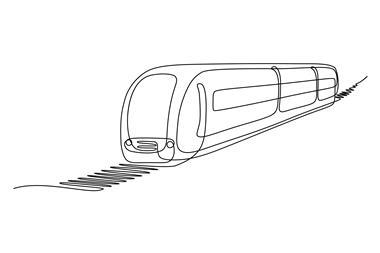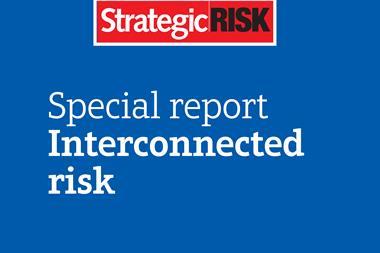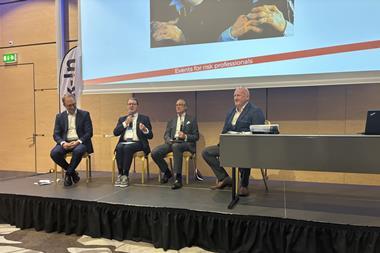Certification gives candidates a competitive advantage, and the opportunity for higher salaries
Why has Ferma decided to introduce professional certification now?
Ferma has had many requests for certification for risk managers, and we are responding to that. Such recognition exists in all professional areas, and risk management has grown to become an important profession; it should not remain the only one without pan-European and global recognition.
Certification gives candidates a competitive advantage. It gives them a better chance of being pre-selected for an interview, all other things being equal, as well as the opportunity for higher salaries in comparison to those candidates who don’t hold the certificate.
Ferma intends that the certificate will provide independent confirmation that the holder has the high level of knowledge and experience in risk management that the profession has for so long been striving to achieve.
Ferma intends to develop risk management generally as a profession by setting high standards for qualifications, and motivating risk managers to acquire the highest knowledge, skills and experience in order to be certified.
The aim is to put risk management on a similar standing to other professions, such as law and accounting.
How will the professional certification work with those of educational bodies such as the Institute of Risk Management? For example, will the institute’s qualification be accepted as a contribution towards Ferma’s professional certification?
At this time, we plan two levels of certification at ‘professional’ and ‘specialist’ levels. The professional certification is intended for risk managers already working at senior level, while the specialist certification would be for risk managers at an earlier stage in their careers, or who practise risk management as part of a wider role.
The professional certification would be experience-based, and achievement would require evidence of the risk manager’s professional development and education. The specialist certification would involve formal education and examination by accredited organisations.
Effective risk management education is a big investment, including of time
Ferma does not plan to provide formal education, but to set standards and accredit suitable educational bodies that can meet these standards in different countries. We are anxious to ensure that Ferma embraces education providers already in this space and deemed suitable for accreditation.
The level of accreditation subsequently determined for any educational body will be based on the type and standard of education provided.
How will the specialist qualification work alongside the IRM certification?
IRM qualifications are well established and, while it is too soon to say precisely how these might operate within the Ferma certification framework, Ferma believes its framework will complement and not duplicate the IRM qualifications.
Does Ferma intend to set up its own educational department to produce and examine the specialist qualification (such as publishing courseware and setting exam questions, standards, quality controls and examination methods) or will some or all of this be done by national associations?
The need for Ferma to change its level of resource and/or to establish a distinct education department will be an outcome of the initiative. This will mainly be driven by the recommendations as agreed by the Ferma board and member associations.
We will be leading the setting of standards for certification and for those organisations accredited to deliver learning to achieve these.
What would Ferma encourage new entrants and those already working in the profession to do? Should they pass an exam now, or wait until Ferma certification is available in 2013?
Effective risk management education is a big investment, including of time. For those who have already chosen one of the existing leading education providers, Ferma would recommend they proceed.
Those who have not decided yet I would encourage to visit Ferma’s seminar on 22 and 23 October 2012 in Versailles, France, which will discuss the Ferma certification programme.
How will Ferma’s certification match with Airmic’s plans to develop chartered risk manager status?
Ferma certification has been adopted by most of its national associations, including Airmic in the UK. Ferma will form a working group with representatives of national associations, which will include Airmic.
Igor Mikhaylov is a Ferma board member and head of risk management at Mobile Telesystems




















No comments yet